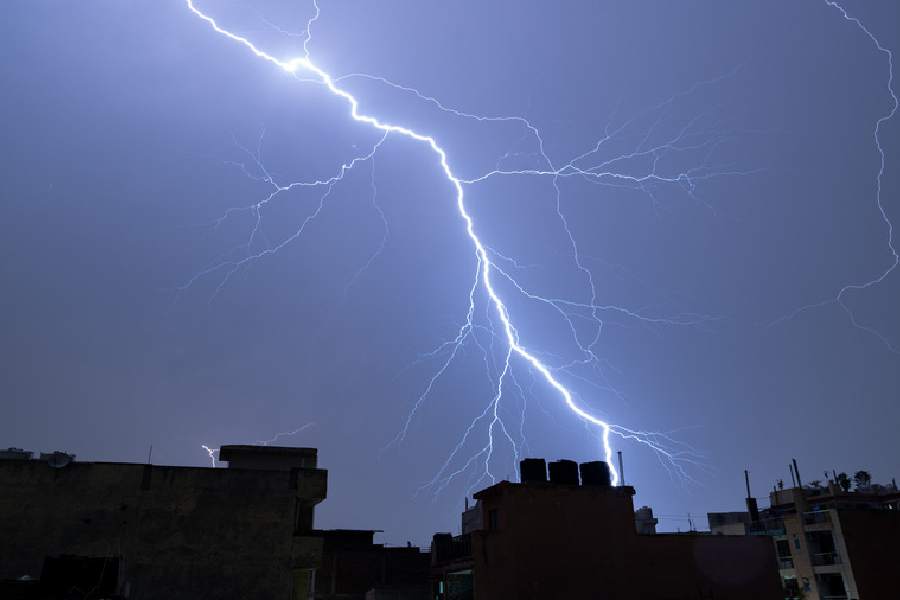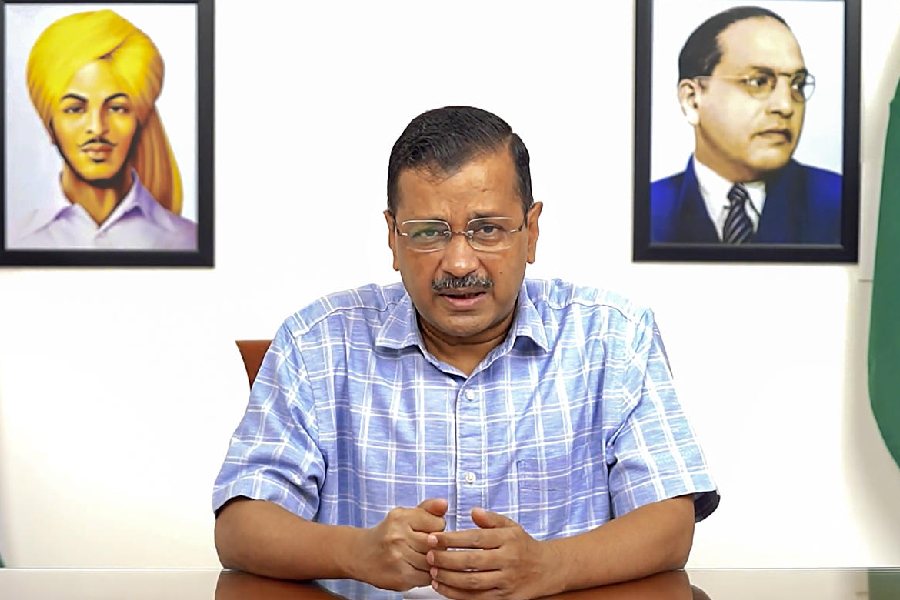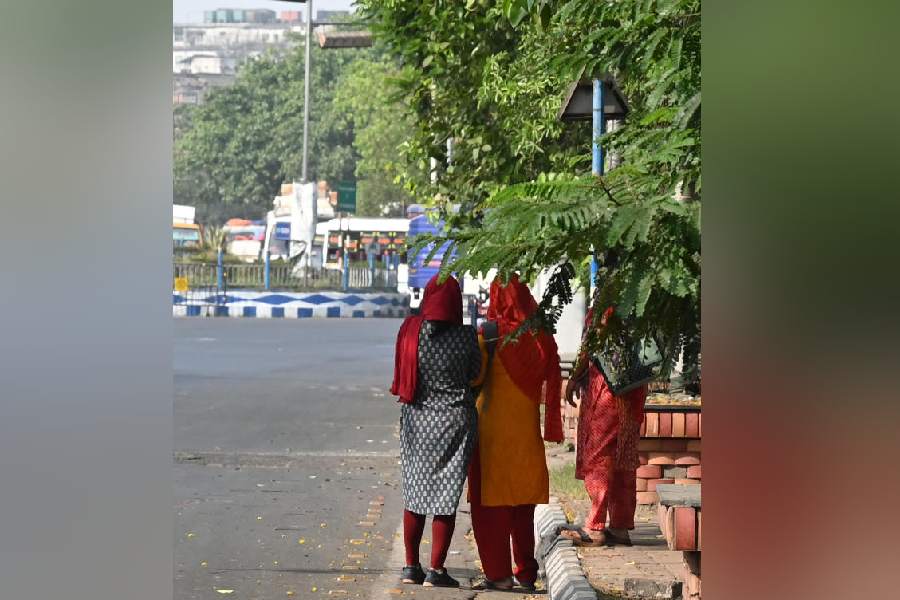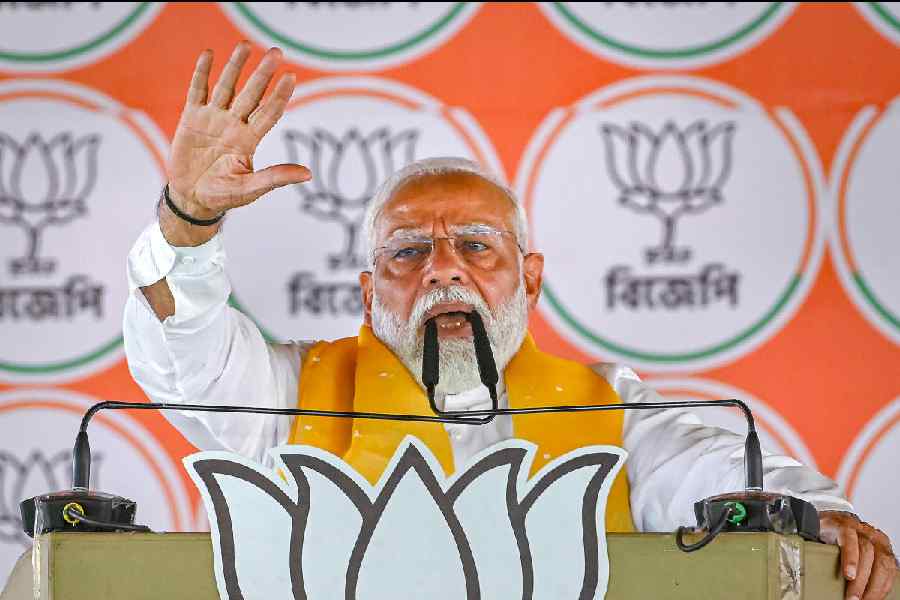Foreign policy, it is generally accepted, plays little or no role in shaping public opinion. Barring relations with our immediate neighbours which are often intertwined with domestic issues such as terrorism and illegal immigration, relations with the wider world and weighty concepts such as ‘non-alignment’ and ‘strategic autonomy’ rarely intrude into the world of partisan politics.
This is not to suggest that the notion of bipartisan foreign policy is a reality. Far from it. Since the days of the Cold War, when the Left did its utmost to steer India’s international stance in a direction favourable to the erstwhile Soviet Union, disagreements on foreign policy have been recurrent. It would be instructive, for example, for today’s commentariat to study the proceedings of Parliament in the aftermath of the Soviet Union’s military intervention in Czechoslovakia in 1968 to snuff out the ‘Prague Spring’. India’s unwillingness to join the Western clamour to denounce Moscow was the subject of the non-communist Opposition’s attack on Indira Gandhi. MPs from the Swatantra Party and the Bharatiya Jana Sangh even compared India’s embarrassed silence with Neville Chamberlain’s pusillanimity at Munich (also over the future of Czechoslovakia) some three decades ago.
The disengagement of international affairs from domestic politics may be convenient for officials in the ministry of external affairs since it leaves them enough elbow room to proceed without any meaningful democratic scrutiny. However, this operational freedom is not without a price. Thanks to the warped nature of the international information order, particularly in the English language, the small but influential consumers of world news depended almost entirely on Western media reports. Despite all the lofty talk of presenting an Indian perspective — if not to the world, at least to Indians themselves — the grim reality was an over-dependence on perspectives forged by governments and think-tanks in Europe and North America. This was more so after the collapse of the Soviet Union put an end to alternative perspectives, however much these lacked in intellectual sophistication. China, which has emerged as a superpower in the past three decades, has focussed more on buying influence rather than evolving a distinct ideological ecosystem. It has quietly outsourced its influence-building endeavours to Western institutions that increasingly depend on subsidies from Beijing. China’s influence is not so pronounced in the Indian foreign policy establishment, but it is likely to grow as India increases its relevance in the world.
The mismatch between available information, including media reports, and a distinctive Indian position is gradually becoming evident in the case of domestic deliberations on the conflict in Ukraine. A year ago, when the Russians violated Ukraine’s sovereignty in their bid to enlarge the embrace of Mother Russia, India’s focus was on a determined bid to rescue many thousands of its students who were in danger of getting caught in the crossfire. The energetic rescue mission undertaken by the Narendra Modi government was lauded as a great success both domestically and in the rest of the world. It certainly put a feather in the cap of India’s humanitarian diplomacy and added to the brownie points secured by the supply of anti-Covid 19 vaccines to vulnerable countries.
The focus on the evacuation of students, however, delayed India having to take emphatic positions on the rights and wrongs of what is essentially a civil war among Russian-speaking peoples. There was a pretence of neutrality that, in effect, meant an unwillingness to join the vilification of Russia and its president, Vladimir Putin. While this relative aloofness and the primacy accorded to national interests — which meant not offending Moscow — had bipartisan domestic support, it was at odds with a global narrative that cast the Russians as villains. This projection of Putin as a demented dictator was necessary for two reasons. First, to extend the scope of the war to seek a regime change in Russia; and, second, to justify the unending supply of sophisticated military hardware to the regime in Ukraine.
For reasons that are quite extraneous to the conflict in Ukraine, India’s ‘neutrality’ was grudgingly accepted by the West. Although New Delhi’s disregard of the sanctions against Russian oil and gas irked many, the consensus among NATO members was to pretend it wasn’t happening. Realising that India’s reliance on Russia for military hardware was a legacy of the Cold War, it was understood that the special circumstances were not worth disturbing. With China firmly on the side of Russia, the dangers of pushing India too far were quietly understood. Indeed, there were also some feeble noises on the desirability of having India as a mediator between Russia and Ukraine, a suggestion that is a non-starter because Kyiv has no love lost for Delhi. In any case, the over-hyped president, Volodymyr Zelensky, whose government’s civil and military expenditure is being borne by his Western allies, has developed a vested interest in the perpetuation of an inconclusive, low-intensity conflict.
As pressure mounts on Putin — who gains nothing from a prolonged conflict — there are certain to be attempts from various quarters to shake things up. Within Europe, there will be a renewed thrust to destabilise the Viktor Orbán government in Hungary, given its partiality towards Russia. The visceral distrust of the European Union Establishment in Brussels towards Orbán has always been complemented by the resources of the likes of George Soros, a man with an enhanced sense of self-importance. Whether Soros will also divert his attention to seeking a regime change in India, a country that has now risen to the top of his hate list, is worth monitoring. However, what is certain is that extraneous pressure is likely to break the fragile consensus on India’s careful brinkmanship over Ukraine. Already, a section of the Congress Party has used the ongoing meetings of the G20 to mount a spirited attack on the untenability of India’s position. The timing of the assault on the bipartisan consensus doesn’t seem to be entirely innocent, coming immediately after the sharp attack by the external affairs minister, S. Jaishankar, on the meddlesome ways of Soros.
A contrived controversy over Ukraine may well be an occasion for some of Modi’s adversaries to undertake some virtue signalling aimed at impressing those global players who feel they have lost their clout in India.










